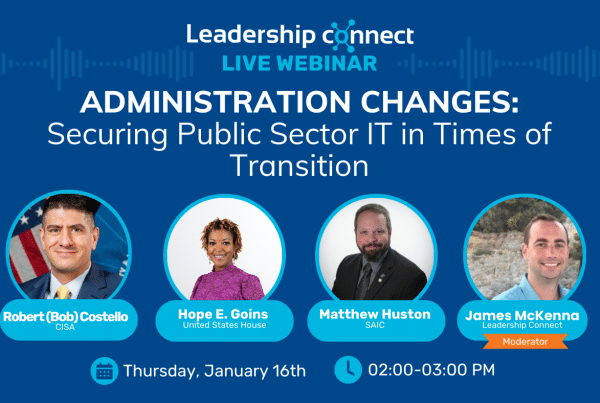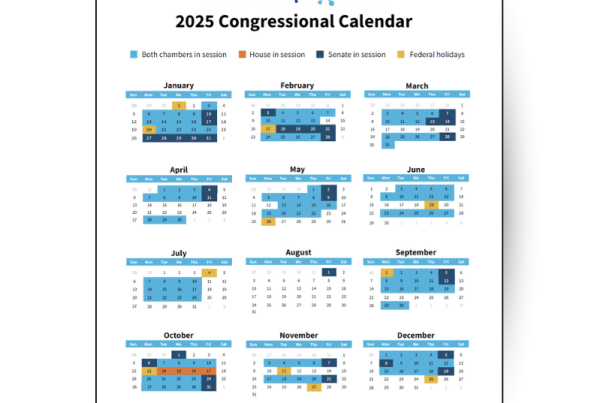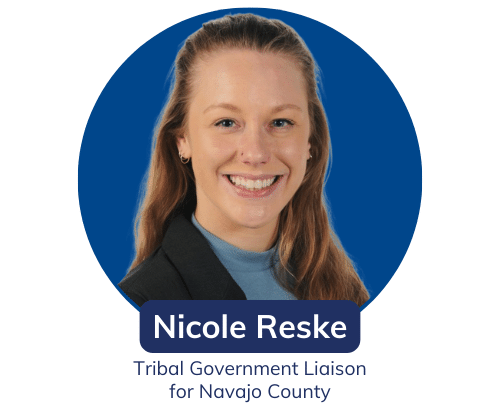Takeaways:
- Reputation and relationships matter in Indian Country.
- Successful leadership in tribal-related positions hinges on the ability to listen actively and collaborate effectively.
- Recognizing and respecting the unique characteristics of each Tribe is essential.
I spoke with Bryan Shade about his wealth of experience and his current position at Lippes Mathias. His passion for Indian Law and understanding Tribal Relations has led him to many opportunities. Recently he launched Rez Judicata – The Federal Indian Law Podcast allowing people to better understand Federal Indian Law.
Can you tell me about your career path that has led you to where you are now?
My entire career has been dedicated to working in tribal-related positions. I began at the United Keetoowah Band of Cherokees’ gaming facility in Tahlequah. After earning my associate’s degree, I transitioned to our tribal social services program, where I provided burial assistance. Although it wasn’t where I envisioned spending my entire career, I found fulfillment in helping people. From there, I advanced to human services director, then federal program director, and eventually became the executive director for tribal operations. In this role, I engaged with federal agencies and external organizations, sparking my desire to understand the perspectives of those across the table—whether federal agencies or legal professionals. I realized that gaining their knowledge would allow me to better serve my tribe, which ultimately led me to pursue a law degree.
While attending law school, I worked for the Cherokee Nation of Oklahoma, and after graduation, I stayed on as their self-governance general counsel. Following this, I joined the Department of the Interior’s Solicitor’s Office, Division of Indian Affairs, in Washington, D.C. During my tenure, I had the privilege of advising Assistant Secretary Tara Sweeney under the Trump administration, as well as Assistant Secretary Bryan Newland under the Biden administration. My work spanned two years under each administration, where I also advised the Office of Self-Governance, the Office of Indian Energy and Economic Development, and several deputy assistant secretaries.
I eventually moved to my current role at Lippes Mathias, where I have the opportunity to once again represent my tribe, the United Keetoowah Band of Cherokees. Earlier this year, I launched “Rez Judicata – The Federal Indian Law Podcast,” a platform where I bring on leaders from Indian Country to discuss complex issues and explain them in a way that makes sense.
How did you become passionate about the intersection of tech, government, and tribal communities, and how do you stay informed and engaged in those areas?
I have been involved in a lot of David vs Goliath fights. I’ve always had a passion to fight for David. A lot of the work I do is for underrepresented Tribes or Tribal Nations with limited resources. We focus on helping tribes use their resources to serve their people. I want to get them to situations where they grow to expand their opportunities.
What do you believe sets Tribal Government Relations apart as a unique work environment, and how do you navigate its challenges in your everyday work?
Tribes are multifaceted. You have government, business, service organizations, etc. When you practice Indian law; criminal law, banking law, business law, etc. is a part of it. Understanding relationships is key and you can’t think siloed because it is Indian law, because it is all law.
Describe a challenging or rewarding project that significantly influenced your growth as a professional. How did you handle the challenge, and what did you learn from the experience?
One situation that stands out from my time at the Department of the Interior (DOI) was during the height of the COVID-19 pandemic in 2020. We were working to establish programs at DOI, and one of the most significant projects involved setting up an alternative care facility on the Navajo Nation. The facility was crucial because multigenerational households are common in the area, and this care center provided a safe place for people to isolate and recover from COVID-19, thereby protecting other members of their households. The Navajo Nation proposed using the gym of a school owned by the federal government, and we quickly got the secretaries of DOI and the Indian Health Service (IHS) to authorize its use. By Thursday, we had the green light, and by Sunday, the Army Corps of Engineers was on-site. By Tuesday, the facility was fully operational. We successfully replicated this effort across 16 or 17 different locations nationwide. This experience reinforced my belief that there’s always a solution if you’re willing to put in the work.
What advice would you give to someone navigating how to bridge the gap between traditional practices and modern governance structures?
The biggest lesson I’ve learned is to approach every opportunity with the understanding that Indian Country is a small, interconnected community where many people know each other. It’s crucial to be respectful because your reputation precedes you in this environment. Every tribe is unique, and it’s important to recognize and respect those differences. Above all, I’ve found that it’s essential to listen more than you speak.
Word Association, what is the first word that comes to mind for each of there?
- Policy – Opportunity
- Networking – Relationships
- Communications – Critical
- Leadership Connect – People






